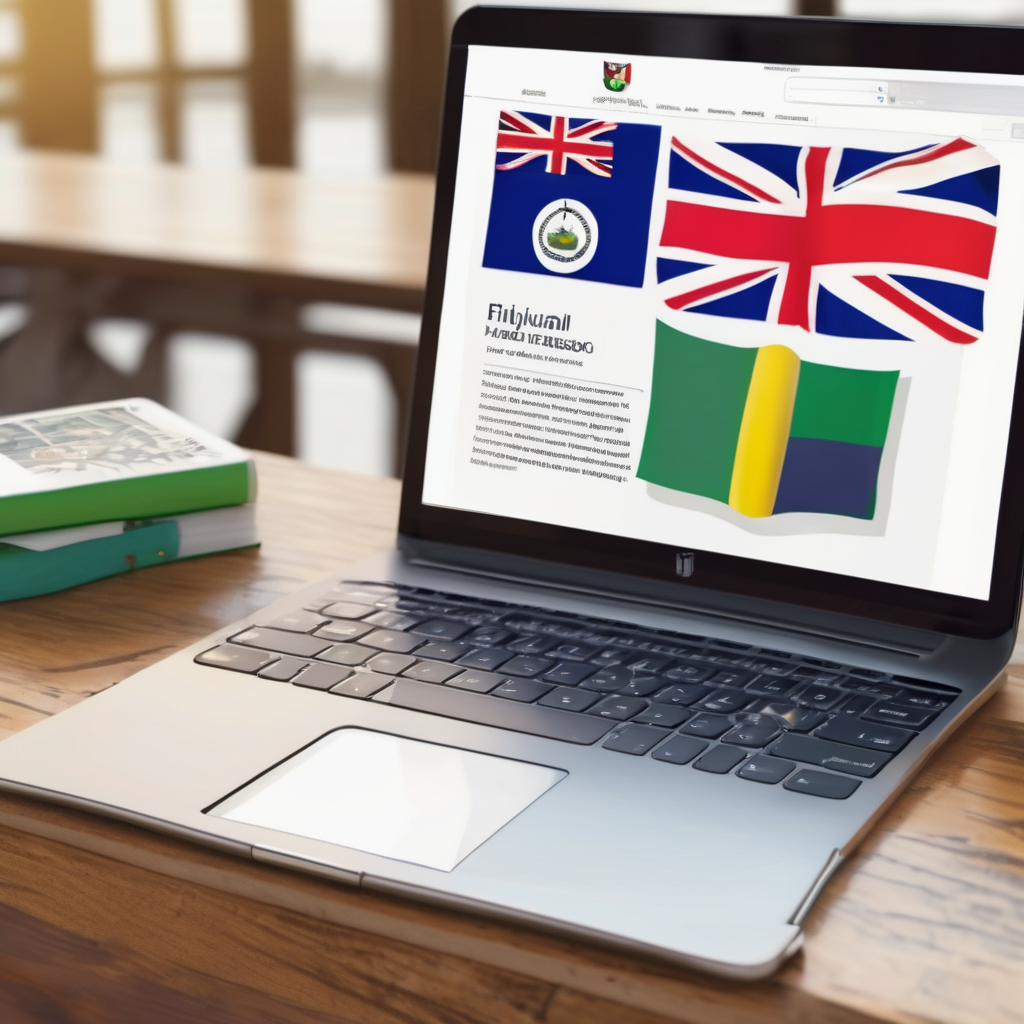The Vanuatu Parliament has enacted a significant amendment to the Harmful Digital Communications Act to bolster protections for students under 16 regarding their online engagement, particularly within educational environments. Introduced by Prime Minister Jotham Napat, this legislation aims to ensure that the internet serves as a constructive educational resource for young learners.
In emphasizing the necessity of this amendment, Napat pointed out the imperative to protect children from harmful online materials and to foster responsible internet usage. He acknowledged the difficulty in monitoring students’ online behavior outside school but underscored the vital role of educational institutions in ensuring that internet access is limited to beneficial educational content while they are on school grounds.
The law requires that schools implement stringent policies to prevent access to unsuitable content, such as pornography. Internet service providers (ISPs) will also be legally mandated to assist in enforcing these regulations, which is poised to create a safer online atmosphere for students.
Napat addressed concerns related to students’ use of social media, particularly platforms like TikTok, advocating for specific regulatory measures on these sites. He articulated the vision that “the internet should be a tool for learning, not a pathway to harm.”
In reaction to the amendment, Minister of Education Simil Johnson called for a more extensive dialogue on the challenges of digital usage beyond school hours. The opposition leader, Ishmael Kalsakau, expressed his support for the bill and urged for even tougher penalties against ISPs that disregard the new directives, emphasizing the need for accountability in managing internet services.
Support from other members of Parliament like Fred Samuel and Micah Olivier reflected a consensus on the necessity of this amendment. Samuel pointed out the potential advantages and pitfalls of the internet for students, arguing that the amendment marks a significant stride toward instilling clear guidelines for positive online behavior. Olivier acknowledged the complications of monitoring student activities outside school, reiterating that institutions can only oversee internet usage on their premises.
This legislative reform has been hailed by the Vanuatu government as a crucial initiative to ensure the internet enhances students’ educational experiences while shielding them from the escalating dangers inherent in digital communication. The overwhelming support for the bill, passing with 45 votes in favor, signals a strong commitment in Vanuatu to protect its youth in an increasingly digital landscape.
This proactive approach places Vanuatu alongside other countries like Australia and Fiji, which have recently undertaken similar legislative efforts to control minors’ access to social media. The momentum for safeguarding young individuals in the digital realm reflects a hopeful trajectory towards a safer online future for students.
